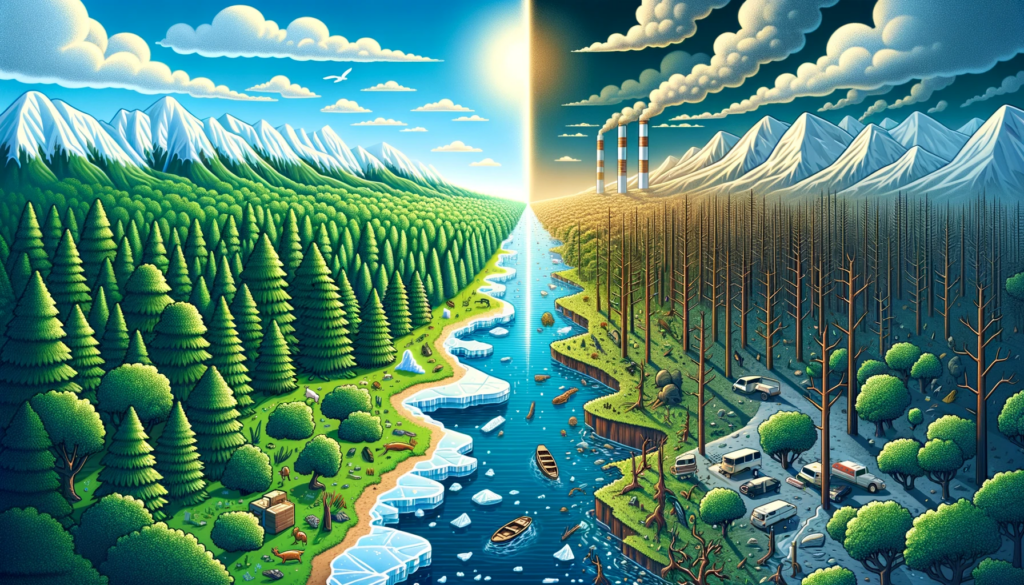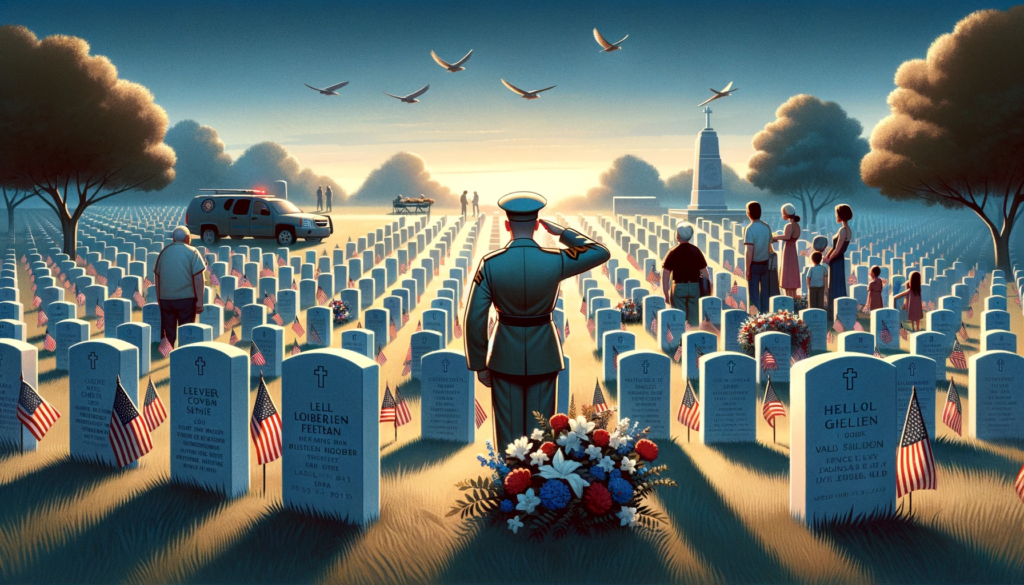
This is a free A2 pre-intermediate level English reading lesson about climate change. It includes the reading and reading comprehension exercises in 3 different formats together with the answer keys and explanations.
- True/False questions
- Multiple choice questions
- Short answer questions
Understanding Climate Change

Our world is getting warmer. We call this climate change. Cars and factories make gas. This gas goes up. It makes a blanket above us.
This blanket traps heat from the sun. Now, ice is melting. Sea levels are rising. Some places get very hot. Others face big floods. Animals and plants are in danger.
We can all help. Turn off lights when not needed. Walk or use a bike, not a car. Plant trees and recycle.
If we work together, we can protect our home. Every small action counts. Let’s start today!
General Level: A2.2
Vocabulary: A2.0
Verb Form: A1.0
Clause: A1.5
Wordlist
face VERB B1 1
Definition (En):
- the front of the human head from the forehead to the chin and ear to ear
n. the general outward appearance of something
n. the striking or working surface of an implement
n. a part of a person that is used to refer to a person
flood NOUN B1 1
Definition (En):
- the rising of a body of water and its overflowing onto normally dry land
n. an overwhelming number or amount
n. light that is a source of artificial illumination having a broad beam; used in photography
n. a large flow
melt VERB B2 1
Definition (En):
- reduce or cause to be reduced from a solid to a liquid state, usually by heating
v. lose its distinct outline or shape; blend gradually
v. become less intense and fade away gradually
other NOUN B1 1
Definition (En):
- not the same one or ones already mentioned or implied
s. recently past
s. very unusual; different in character or quality from the normal or expected
trap VERB B2 1
Definition (En):
- a device in which something (usually an animal) can be caught and penned
n. drain consisting of a U-shaped section of drainpipe that holds liquid and so prevents a return flow of sewer gas
n. something (often something deceptively attractive) that catches you unawares
n. a device to hurl clay pigeons into the air for trapshooters
Phrases and Idioms
Lemma | Sentences |
go up | · This gas goes up. |
turn off | · Turn off lights when not needed. |
work together | · If we work together, we can protect our home. |
True / False
- The world is becoming cooler because of climate change.
- Factories and cars create a gas that forms a blanket in the sky.
- All the ice on Earth has already melted.
- Using a bike instead of a car can help with climate change.
- We should wait for others to start before we do anything to help our world.
Multiple Choice
1) What is the main reason our world is getting warmer?
a) The blanket traps cold air.
b) Factories and cars make gas that traps heat.
c) We use bikes too much.
d) Sea levels are rising.
2) What happens when the ice melts?
a) Cars can run better.
b) Plants grow faster.
c) Sea levels fall down.
d) Sea levels are rising.
3) How can we help to fight climate change?
a) Turn on all lights.
b) Grow more factories.
c) Plant trees and recycle.
d) Use cars more often.
4) What kind of problems do some places face because of climate change?
a) They have more parties.
b) They face big floods.
c) They get more snow.
d) They become deserts.
5) What does the text suggest we should do right away?
a) Start planting trees next year.
b) Wait for others to start.
c) Nothing, it is too late.
d) Let’s start today!
Short Answer Questions
- What do cars and factories make?
- What happens to the gas from cars and factories?
- What is the effect of the blanket created by the gas?
- Why are plants and animals in danger?
- How can we help to protect our home from climate change?
True / False Answers
1.
Answer: False
Explanation: The text says the world is getting warmer, not cooler.
Answer location: “Our world is getting warmer.”
2.
Answer: True
Explanation: The text tells us that factories and cars make gas, which goes up and makes a blanket.
Answer location: “Cars and factories make gas. This gas goes up. It makes a blanket above us.”
3.
Answer: False
Explanation: The text states that ice is melting, not that all of it has melted.
Answer location: “Now, ice is melting.”
4.
Answer: True
Explanation: The text suggests to walk or use a bike instead of a car to help with climate change.
Answer location: “Walk or use a bike, not a car.”
5.
Answer: False
Explanation: The text encourages us to start taking action today, not to wait for others.
Answer location: “Let’s start today!”
Multiple Choice Answers
1.
Answer: B
Explanation: Factories and cars produce gas which goes up into the atmosphere, creating a blanket that traps heat and leads to global warming.
Answer location: “Cars and factories make gas. This gas goes up. It makes a blanket above us.”
2.
Answer: D
Explanation: When ice melts, it adds more water to the oceans, which causes sea levels to rise.
Answer location: “Now, ice is melting. Sea levels are rising.”
3.
Answer: C
Explanation: Planting trees and recycling are ways to reduce the amount of gas produced and help in fighting climate change.
Answer location: “Plant trees and recycle.”
4.
Answer: B
Explanation: Climate change causes various weather extremes, including big floods in some places.
Answer location: “Others face big floods.”
5.
Answer: D
Explanation: The text encourages us to take action immediately, as indicated by the phrase ‘Let’s start today!’.
Answer location: “Let’s start today!”
Short Answer Answers
1.
Answer: Gas.
Explanation: The text directly states that cars and factories are responsible for making gas.
Answer location: “Cars and factories make gas.”
2.
Answer: It goes up and makes a blanket above us.
Explanation: The text mentions that the gas produced by cars and factories rises and forms a sort of ‘blanket’ above us.
Answer location: “This gas goes up. It makes a blanket above us.”
3.
Answer: It traps heat from the sun.
Explanation: According to the text, the metaphorical blanket traps the sun’s heat, causing the world to become warmer.
Answer location: “This blanket traps heat from the sun.”
4.
Answer: Because of climate change.
Explanation: Given the context of the text where climate change is discussed, it’s understood that the danger mentioned for animals and plants is due to the climate change.
Answer location: “Animals and plants are in danger.”
5.
Answer: Turn off lights, walk or bike, plant trees and recycle.
Explanation: The text provides specific ways in which we can contribute to protecting our home from climate change, such as turning off unnecessary lights, walking or biking instead of driving, planting trees, and recycling.
Answer location: “Turn off lights when not needed. Walk or use a bike, not a car. Plant trees and recycle.”




